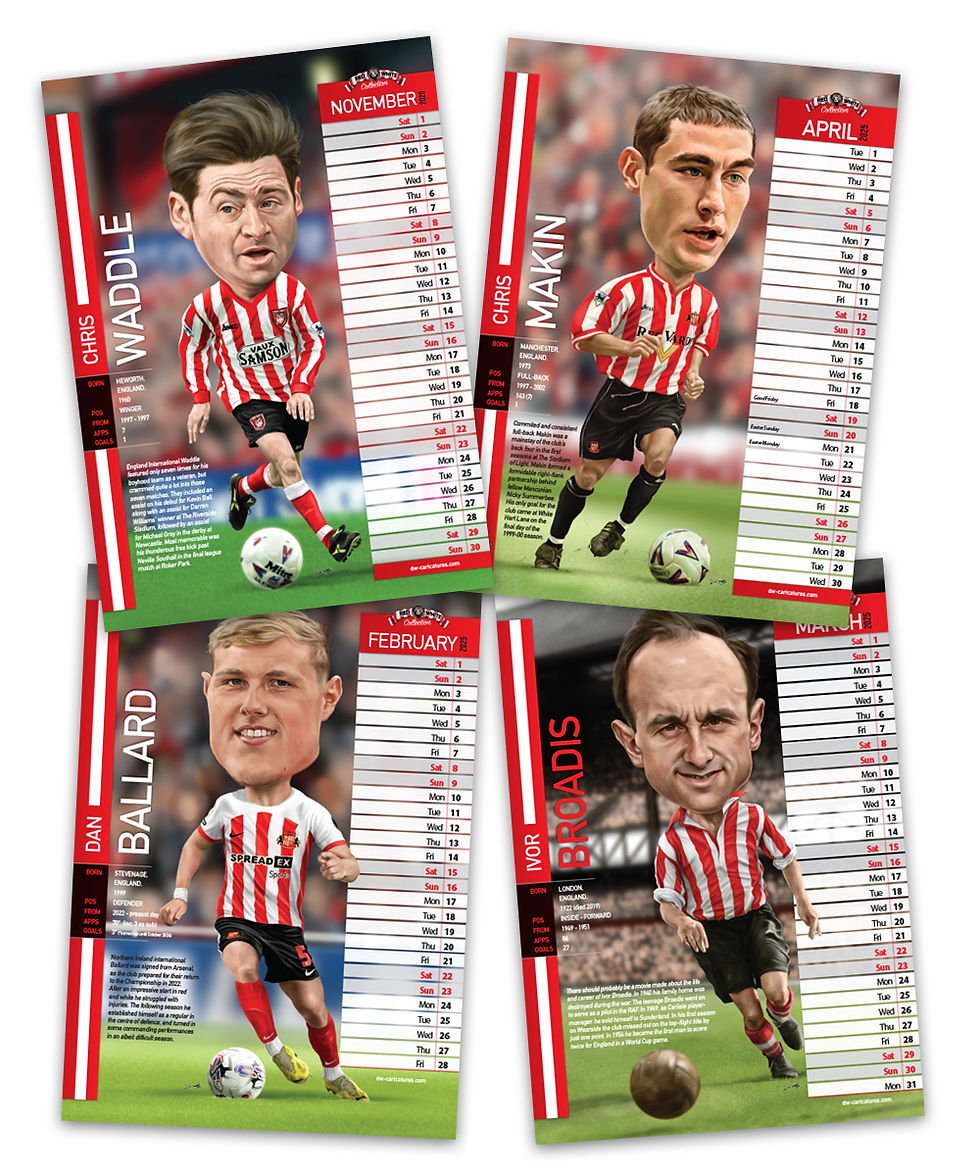
Born on this day is former Sunderland player and manager, Terry Butcher. Butcher came out of retirement to play for the lads, after a stint managing Coventry...
The defender began his career at Ipswich, making his debut in April 1978. Over eight years with the Tractor Boys, Butcher established himself as one of the league’s top defenders. He was a great leader, and made almost 300 appearances at Ipswich, winning the UEFA Cup and finishing runner-up in the Top Flight.
His club form earned him an England call-up under Ron Greenwood in 1980, and was playing in the 86 World Cup quarter-final where Maradona scored the “goal of the century”. Following an injury to Brian Robson, Butcher took over as captain of his country during the 1990 World Cup, where England reached the semi-finals. He eventually retired from international football after the tournament with 77 caps to his name and the pride of wearing the armband.
Domestically, Ipswich were relegated in 1986, although Butcher won Player of the Year for the second consecutive season. He went on to sign for Rangers, with new manager Graeme Souness paying £725,000 for his services. As captain of the Scottish side, Butcher won three Scottish League titles in four seasons, as well as two League Cups.
Making 127 appearances in total, Butcher’s last game in Scotland came in a 2-1 defeat to Dundee, being dropped after the match due to being partly responsible for both games.
He went to Coventry as player-manager, retiring as a player after one season making six appearances. The following season, in 1991/92, Butcher was a full-time manager and achieved impressive results such as a 5-0 hammering of Luton, and a shock 2-1 win over Arsenal. However, results dipped massively and Butcher was dismissed in January 1992, with Coventry just six points above the relegation zone.
Butcher re-registered himself as a player in August 1992, when Malcom Crosby brought him to Wearside at the recommendation of assistant manager Bobby Ferguson. Sunderland were in Division One, the second tier of English football after the formation of the Premier League. He was an experienced head to help us push for promotion, but Crosby was soon sacked despite reaching the FA Cup final the previous year.
Butcher became player-manager due to his prior experience as a manager, but failed to turn around the team’s form. The lads finished four places behind their position when Crosby left, surviving on the last day due to other teams’ results.
Despite poor results, Butcher was given a £2 million war chest which was spent on the likes of Andy Melville, Derek Ferguson, Phil Gray and Ian Rodgerson. However, the signings got off to a fairly poor start as they were all involved in a car accident which left them injured for varying amounts of time...
After a very poor start to the season, Sunderland were sat in 20th by November, just one point above the relegation zone. Everything came to a head a day before the lads were set to face Nottingham Forest, with the press gathered around Roker Park claiming that the club’s directors were in the boardroom, planning a new manager.
Butcher infamously claimed that: “If I’ve been dismissed, then I must have missed it”. An hour later, with his tail between his legs, Butcher came and announced to the press that himself and his assistant Ian Atkins were no longer employed at Sunderland, although there was no official statement from the club itself! It was later revealed that Bob Murray had resigned as chairman, with his last act in charge being the sacking of Butcher on the 26th of November.
After Sunderland, he became a journeyman manager. He spent time in the dugout at Motherwell, Sydney FC, Partick Thistle (as caretaker), Brentford, Inverness Caledonian Thistle (where he won a Scottish First Division title), Hibernian, Newport County and finally the Philippines national team.
Since retiring from playing, he's been inducted into the Rangers and Ipswich Halls of Fame and also the Scottish and English Football Halls of Fame.





















































